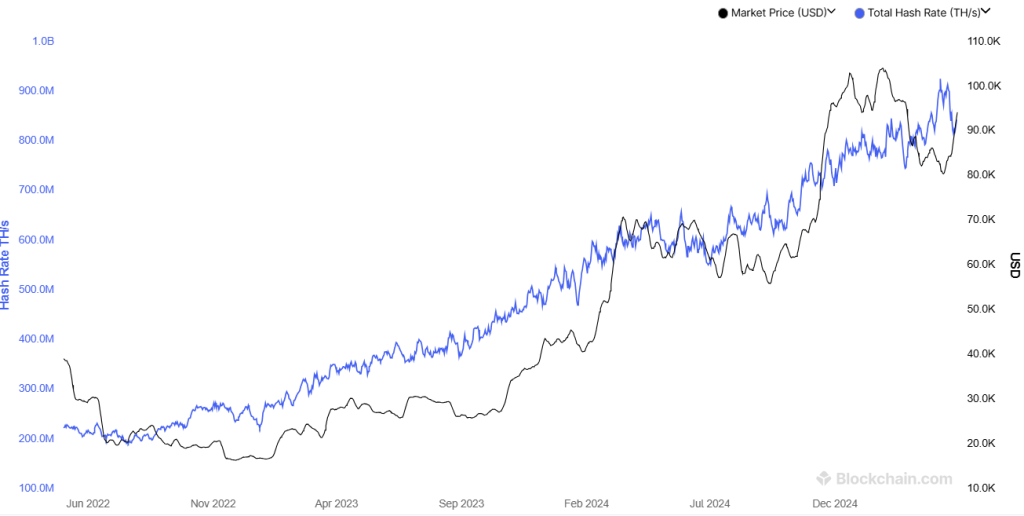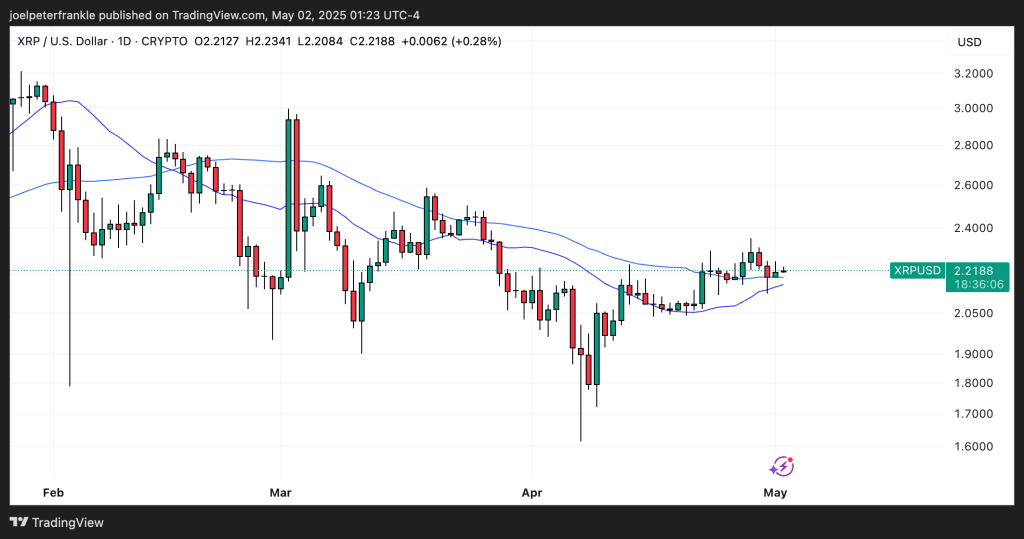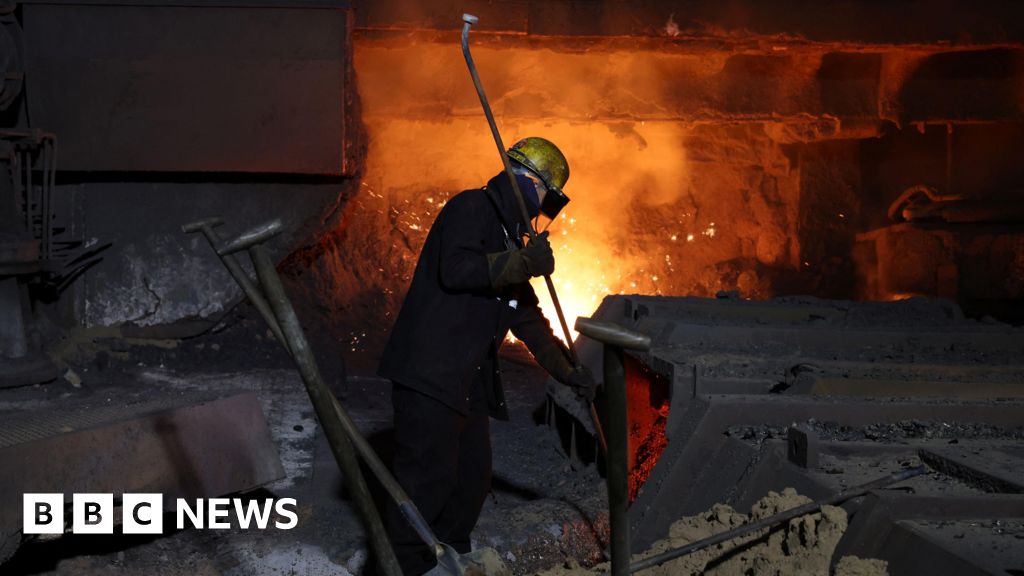Over a month into Chief Executive Officer Elon Musk’s plans to slash at least 10% of the company’s workforce, he’s still not done. This means anxious employees wake up each day to check their messages, wondering if they still have a job. The rolling job cuts are likely to extend through at least June, according to people familiar with the matter, who weren’t authorized to speak publicly about the layoffs.
“It’s difficult to imagine the feeling of walking on eggshells every day at work, uncertain whether or not you’ll be able to pay your bills or feed your family,” Michael Minick, a former Tesla sales representative who was laid off in April, wrote on LinkedIn. “It would be a relief to know that they can breathe and focus on their work, without the gray cloud of uncertainty looming over.”
Tesla’s workforce already has endured dramatic transformation the last few years — the onetime Silicon Valley upstart with a maniacal vision on clean energy is now concentrated in Texas and fixated on other undertakings, including artificial intelligence and robots.
Some still with the company say Musk has sapped morale by prioritizing a robotaxi over a $25,000 electric vehicle. They also say a mission that had inspired legions of Musk acolytes has been muddied.
Musk has yet to give staff an “all clear” indication that the job cuts are over, leading co-workers to darkly joke with one another about anxiety and insomnia. One current employee described the atmosphere as akin to Squid Game, the hit television series in which characters facing financial hardship fight for their lives playing deadly children’s contests.
The waves of dismissals, which already have hit thousands across departments including sales, human resources and virtually the entire Supercharger division, are expected to gut significant parts of Tesla, which started the year with more than 140,000 employees. Musk has pushed for a 20% reduction in headcount, Bloomberg reported last month.
In the Supercharger division, some employees found out that Max de Zegher, the director of charging for North America, had been laid off after his Microsoft Teams icon suddenly went gray, indicating that he was no longer with the company.
Many on the team spent the next several days saying their goodbyes, cracking jokes and making references to the Titanic, according to Joel Musial, who was laid off from his job as a Tesla construction manager. “We were just missing the string quartet!” Musial wrote on LinkedIn.
The gallows humor pervaded the Supercharging team, which had set up more than 6,200 stations and 57,000 connectors worldwide and was in the process of opening the network to other automakers, which should increase usage.
Musk says Tesla still plans to grow the network, albeit at a slower pace. He rehired de Zegher, but hasn’t said how many others will be asked to return.
It’s also unclear whether the company will have enough personnel to sustain Supercharger stations, after layoffs hit several technician groups. A former employee in California said two dozen people were cut from an 80-person team that maintained and fixed Superchargers in Northern California, leaving gaps in both geography and specialties.
The region now has just one employee in an over 200-mile stretch between Santa Rosa and Eureka, said the person, who was cut two weeks after the initial layoff announcement.
Another person in a similar role based in Canada predicted chaos after he and dozens of others were let go, since many Tesla charging stations are hours apart, and the amount of work required will only increase once more companies’ customers get access.
He said he’d worked for two weeks after the initial layoff announcement in a state of distraction and uncertainty, where an ever-growing workload and constantly disappearing co-workers made it difficult to concentrate. On his last day at Tesla, he said he was dispatching technicians and attending his daily slate of meetings, only to find himself locked out of his company laptop at 10:45 p.m. By 11:01 p.m. that night, he received the layoff notice at his personal account.
The cuts are hitting at a time of sluggish demand for the broader EV industry, which is heaping pressure on a workforce already coming to grips with changes in the company’s culture, according to a former sales employee. The person said he’d already seen significant turnover in his near-decade with Tesla, and that each departure cost the carmaker crucial institutional knowledge.
“Great companies are made up of equal parts great people and great products, and the latter are only possible when its people are thriving,” Rich Otto, who resigned as Tesla’s head of product launches this month, said in a LinkedIn post that he deleted after media outlets reported on it. “The recent layoffs that are rocking the company and its morale have thrown this harmony out of balance, and it’s hard to see the long game.”
Credit: Source link











